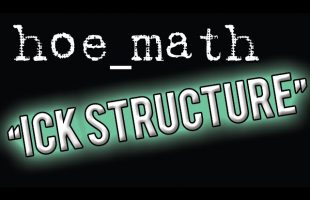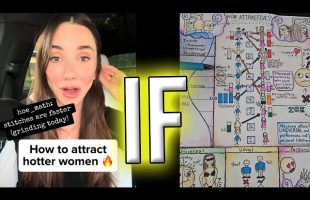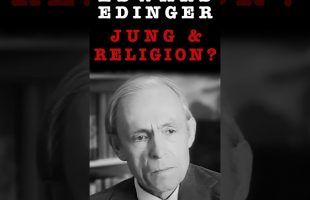Welcome brothers and sisters!
Today, we’re diving into Carl Jung’s profound and controversial work, “Answer to Job”. This book stands as a cornerstone in Jungian literature, exploring the deep psychological and theological implications of the Biblical Book of Job.
It is the book Jung wrote after writing “Aion” and was considered by him as its continuation and the consequence of what was discussed previously.
Timestamps thanks to @KleptomaniacKid
00:00:00 Introduction
00:03:34 Chapter 1
00:16:24 Chapter 2
00:47:57 Chapter 3
01:15:10 Chapter 4
01:20:39 Chapter 5
01:27:54 Chapter 6
01:36:29 Chapter 7
01:45:25 Chapter 8
01:52:40 Chapter 9
02:00:44 Chapter 10
02:08:06 Chapter 11
02:32:59 Chapter 12
02:47:11 Chapter 13
03:11:35 Chapter 14
03:20:33 Chapter 15
03:27:00 Chapter 16
03:30:47 Chapter 17
03:45:24 Chapter 18
03:50:35 Chapter 19
04:11:14 Chapter 20
With the publication of Jung’s Liber Novus (The Red Book), this earlier work sheds light on Jung’s process of self-experimentation, where he engaged in what he called “active imagination.” These experiments, detailed in the Black Books, allowed Jung to explore his fantasies and derive general psychological principles from them, which he then translated into a language that his contemporaries in the medical and scientific fields could understand.
Answer to Job was written in 1951 during a period of intense illness and high fever. Jung described the book as being written in one burst of energy and with strong emotion, a piece of work he later said he would never change (in contrast with his late insight that, if he had the time and energy, he would have revised all his works, except “Answer to Job”).
This book tackles the difficult questions Job posed to God, questions that Jung felt deserved answers. Jung critiques traditional Christian theology, suggesting that Job was right in his inquiries and that God’s responses were lacking.
Central to Jung’s argument is the figure of Abraxas, a complex deity that embodies both creation and destruction, good and evil. Jung believed that recognizing this duality within the divine is crucial for achieving psychological wholeness. This idea aligns with his broader work on the individuation process, where integrating one’s shadow, or darker aspects, is essential for personal development.
Jung’s Answer to Job is not just a theological critique; it’s a profound psychological exploration. He connects this work to his earlier book, Aion, where he discusses the symbolic interplay between Christ and Antichrist. Jung criticizes the traditional Christian notion of ‘Privatio Boni’ (the privation of good), arguing that both good and evil are necessary components of the divine and the human psyche.
Jung’s writing is raw and emotive, providing a voice for those grappling with similar spiritual and psychological dilemmas.
Whether you’re a student of psychology, theology, or simply curious about the depths of human experience, this exploration promises to be enlightening.
I strive to mediate the profound light that Jung himself brought forth through his work and life. It is part of my life’s purpose. In many ways, we modern humans have lost touch with the core of our being—our psyche, our soul. Jung guides us back to that source in a way uniquely suited to our modern consciousness. Through his teachings, I have found the most meaningful path toward realizing my own potential for wholeness, joy, maturity, and creativity.
Jung mapped the inner world with remarkable clarity, revealing where our psyche and civilization stand and what is necessary for our individual and collective growth. With his guidance, I hope we can keep our inner flames burning in the midst of the darkness that surrounds and inhabits us, thus promoting in our world and selves – health, courage, and reflection.
If you’d like to support my efforts, consider clicking the ‘Thanks’ button under the videos—it helps me dedicate more time to this channel.
Thank you!
__________________________________________________________________________
archetypes, jung carl gustav, carl c jung, carl comjung, carl g jung, carl jung and, carl jung carl jung, carl jung jung, cj jung, jung carl jung, c jung, carl jung, jungian psychology, brand archetypes, jungian archetypes, archetypes meaning, individuation, jung psych, the archetypes and the collective unconscious, jung memories dreams, collective psyche, jung philosophy, carl jung and the collective unconscious, carl jung and synchronicity, jung on shadow, magician brand, carl jung and dreams, carl jung and shadow, carl gustav jung, the king the warrior the magician the lover, caroline myss archetypes, lover archetype, anima and animus, carl jung on shadow, archetype magician, the king warrior magician and lover, freud a jung, collective unconscious by jung, jung psychology and alchemy, anima and animus jung, archetype hero, king warrior magician lover, dr carl gustav jung



